‘First and last I was, and always would be, an American,’ Jeremy O’Keefe, the professor narrator of Patrick Flanery’s new novel, insists, with just the kind of pedantic over-emphasis that makes the reader suspicious. Equally dubious is the way he talks. Having spent the last decade at Oxford teaching and writing a book about the Stasi, O’Keefe’s speech is now an odd mixture of affectation and deracination (‘helicoptering’, ‘faux-artisanal’). On his return to New York he finds that he is ignored or mistaken for an Englishman — something which affronts him as much as his Oxford colleagues, with ‘their exclusionary quality’, refusing to accept him as one of their own.
His memory, too, is in doubt. When boxes containing lists of his emails and phone calls arrive at his apartment, O’Keefe wonders if he has sent them to himself. And now a man is watching him from the street below. Is he paranoid, or is someone monitoring his every move?
The possibilities are endless, and O’Keefe, a fastidious intellectual, is determined to explore them all in his written account of what he thinks has happened. The word ‘or’ occurs repeatedly, leaving the reader to determine whether his uncertainty is the result of enlightened speculation or deliberate obfuscation. Perhaps, as the Egyptian student with whom he becomes entangled implies, it’s a way of masking the latter with the former.
Then again, his tendency to dilate the story could be merely a sign of vanity. Like Humbert Humbert in Lolita, O’Keefe expects the law to close in on him at any moment. He feels guilty, though he’s unsure of what exactly, and he fantasises about the purpose of his ‘confession’. Might it be ‘entered into evidence’, subversive enough to ‘classify’, or just an ‘eccentric legacy’ left to his heirs? At any rate, he’s playing to an audience, his imagination so excited at the thought of being an object of even the state’s attention that he dreams of being hooded and handcuffed, incarcerated in some Guantanamo-type prison.
As a professor of history rather than literature, O’Keefe is not quite the stylist Humbert was, but the seminar he teaches on the cinema of surveillance has made him think about genre and he teases his readers about whether he’s writing a thriller or a melodrama. In the event, I Am No One, the novel encasing his testimony, follows no predetermined rules, and culminates with a final Joycean flourish in which O’Keefe reiterates the word ‘yes’, confirming the openness of the novel and its opposition to all closed systems. The novel’s inherent antagonism to any authority but its own is what makes the internet, with its vast potential for totalitarian control, such a tempting subject for writers.
Coming hot on the heels of works by Jonathan Franzen, Dave Eggers and Joshua Cohen, Flanery’s brilliantly sly and funny book updates Nabokov’s Cold War story of despotic power to the present-day ‘badly named’ War on Terror. In Lolita, Humbert fears he is living ‘in a lighted house of glass’ into which any nosy neighbour can peer. Today, following Edward Snowden’s revelations of global surveillance, the fear that we are watched is no longer the province of isolated fantasists but a new fact of everyday life to which we all must adjust.
O’Keefe’s response to this Orwellian state of affairs is that we should ‘assume transparency… insist on the right to know as much about the watchers as they about us’. For a student of the Stasi this seems naive. Like many who experienced Stalinism, Milan Kundera thought the idea of transparency a paradisal fantasy which the watchmen would inevitably exploit. He rebuked André Breton, who dreamed of living in a ‘glass house’, arguing that, in reality, dissenters end up in the gulag, which soon overtakes paradise. In I Am No One, O’Keefe’s dreams of Guantanamo indicate, at some level, an understanding of a similar predicament today: the technology which enables sharing and openness also keeps us ‘in the eye of the camera’. But unlike some of his more pessimistic contemporaries, Flanery finds resources in the novel — itself a kind of glass house, at once open and scrutinising — which can help us face this new reality.
Got something to add? Join the discussion and comment below.
Get 10 issues for just $10
Subscribe to The Spectator Australia today for the next 10 magazine issues, plus full online access, for just $10.
Available from the Spectator Bookshop, £10.99. Tel: 08430 600033
You might disagree with half of it, but you’ll enjoy reading all of it. Try your first month for free, then just $2 a week for the remainder of your first year.

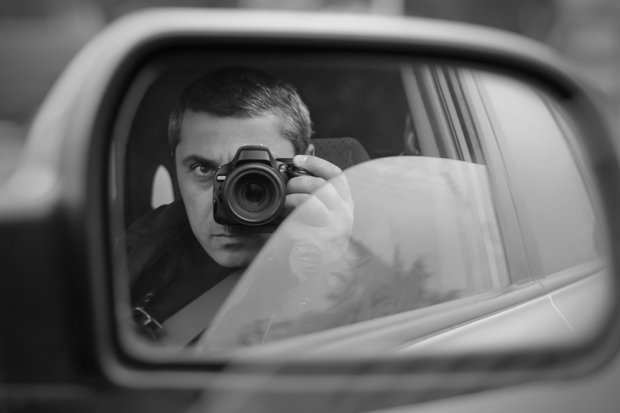
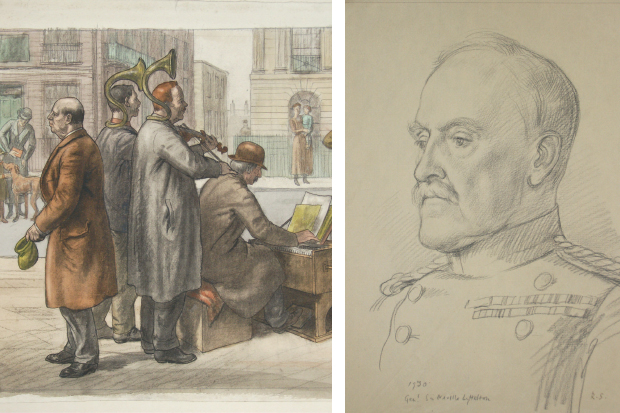

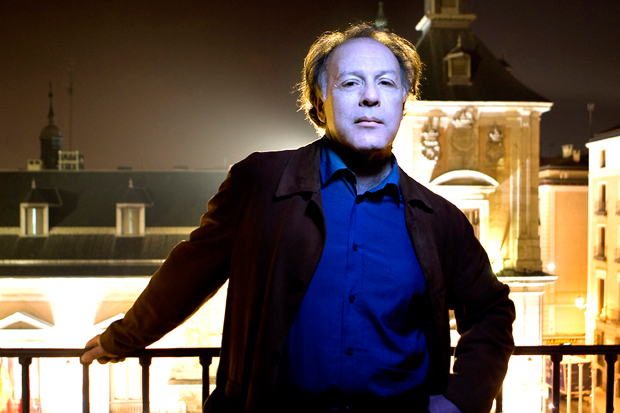

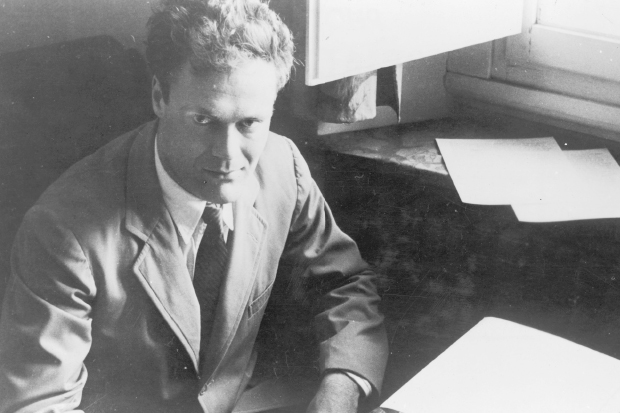
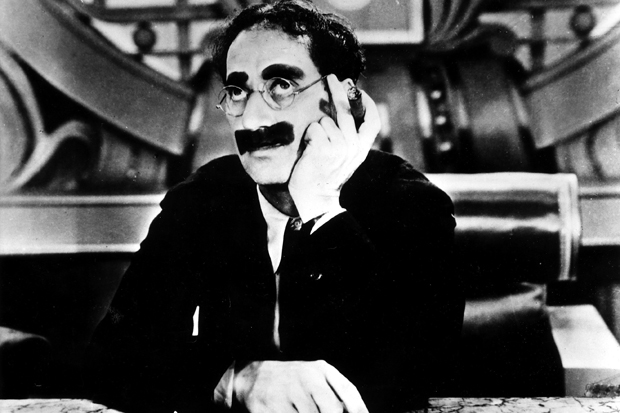






Comments
Don't miss out
Join the conversation with other Spectator Australia readers. Subscribe to leave a comment.
SUBSCRIBEAlready a subscriber? Log in